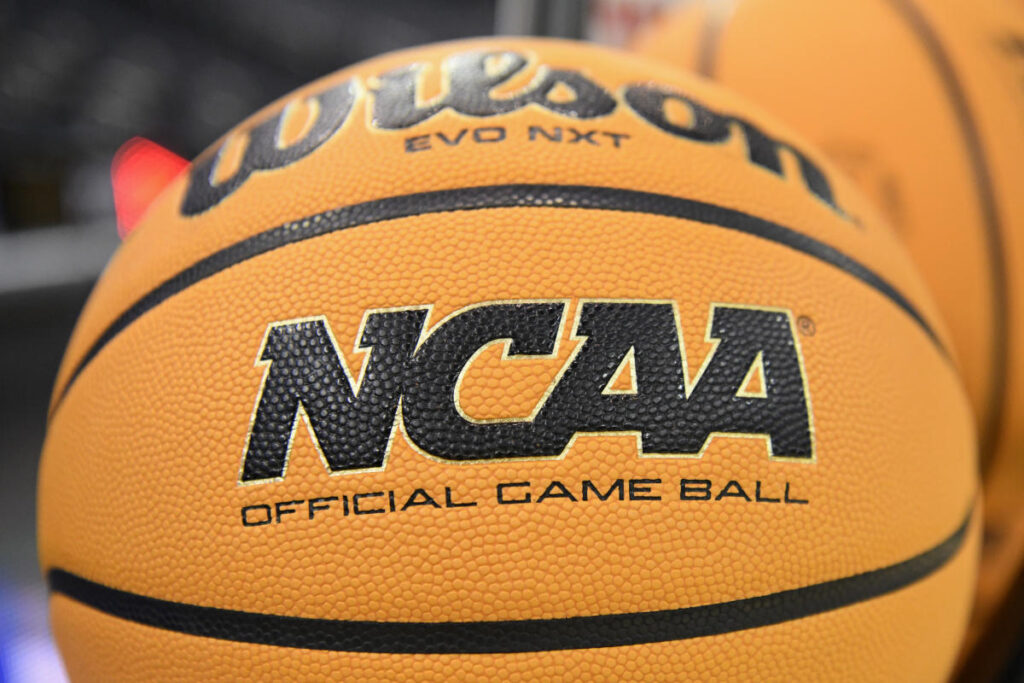The NCAA's Division I Board of Governors on Monday formally approved new transfer rules that allow all undergraduate athletes to transfer and play immediately, regardless of how many times they have previously transferred.
Under the guidelines, athletes who transfer during the 2023-24 school year will be granted immediate eligibility as long as they are academically eligible to compete and meet degree requirements at their new school. The new rules are effective immediately and were approved by the Division I Council last week.
The NCAA will no longer place limits on the number of times a player can transfer schools. Previously, players were allowed to play immediately after transferring once, but had to sit out a full year if they transferred a second time without an exemption. The new ruling continues the two transfer windows, meaning players cannot transfer mid-year and play at their new school in the same season.
“This rule change will allow NCAA members to continue prioritizing the long-term academic success of transferring college athletes, while also ensuring immediate We will support the opportunity to participate in matches.”
“This pragmatic approach to transfer eligibility requirements will ensure that student-athletes make informed decisions about transfer and, especially as it relates to transfer, will impact the transfer's ability to graduate on time with their desired degree.” We hope you will make informed decisions about the impact you have on transferable credits. ”
Transfer portals have exploded across all sports in recent years, especially with the advent of NIL contracts. The new transfer rules will still be tied to academic progress, but there are many concerns about how realistic this will be after one or two transfers. Guard Caleb Love, for example, ran into this issue when he transferred from North Carolina State to Arizona State this offseason. He originally planned to transfer to Michigan State, but admissions issues related to credits caused him to abandon it.
“One of the questions we have to ask ourselves is, at what point does a degree still matter?” Oregon football coach Dan Lanning told ESPN. “I think it gets harder and harder as guys transfer multiple years and actually get a college degree. Once you graduate, it often makes sense to change schools as many times as you like. But… In the same way, if someone changes schools three times, you wonder what the progression towards that degree actually looks like, and I think that's probably something that everyone should be aware of to some degree. .”


